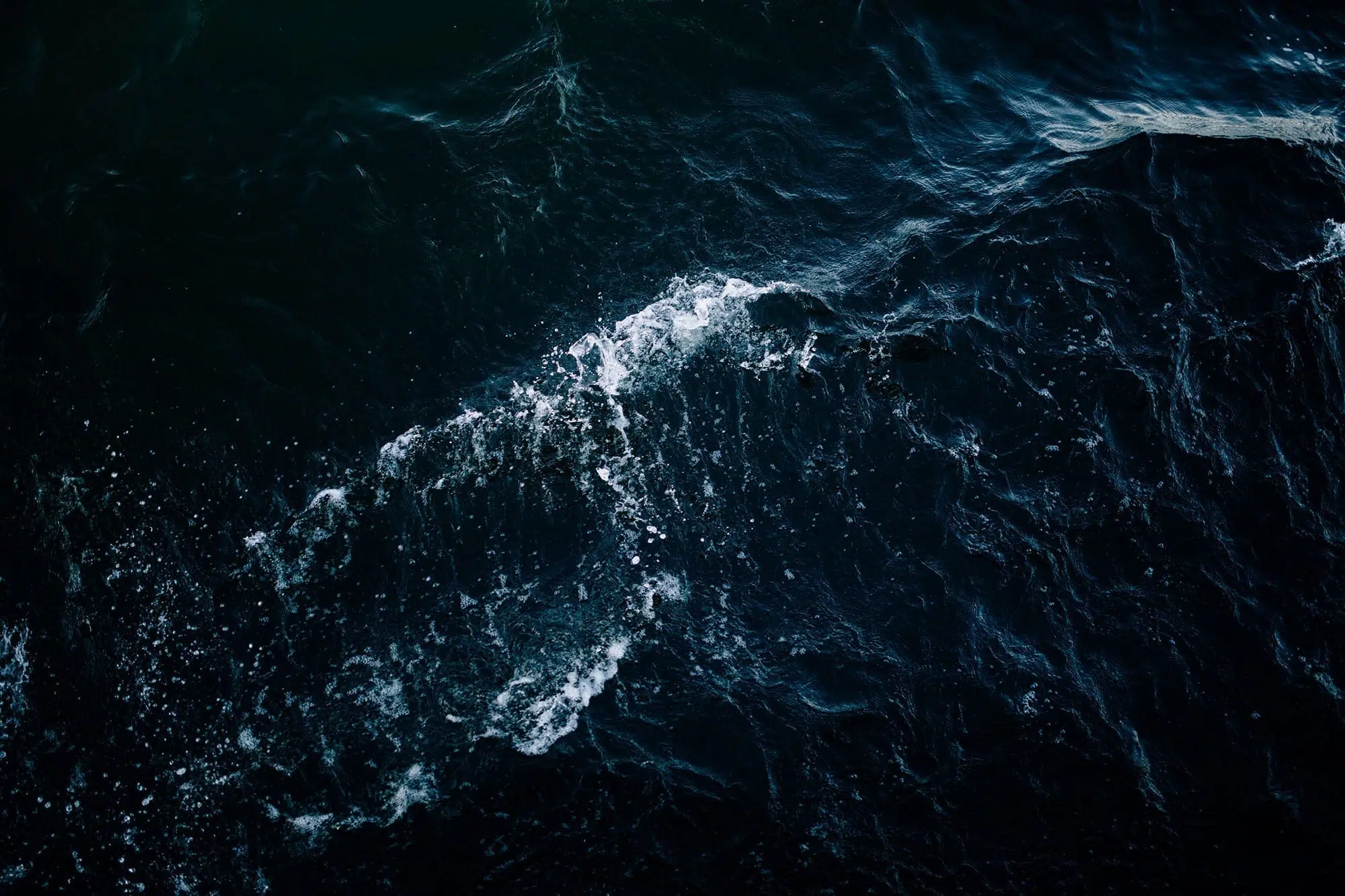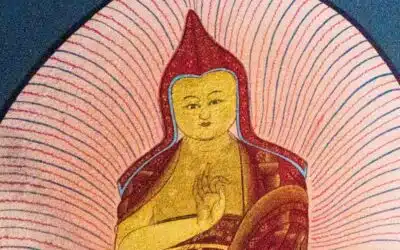Great Perfection Rowing

Written By Mila Khyentse
Blog | The Dzogchen Journey
In this post “Great Perfection Rowing”, Mila Khyentse talks about the demanding disciplines of Rowing and Great Perfection.
Series: Summer 2024
Great Perfection Rowing
Balance, glide and speed. Strength, finesse and symmetry. These are the main characteristics of the highly demanding discipline of rowing. Balance to avoid capsizing this frail skiff (55cm wide on average!). Glide, for frictionless movement on the water. Speed, because the goal of the exercise is to cross the 2000 meters or so of water in the shortest time possible. It reminds me of the Dzogchen path…
Strength to move the outrigger (the name of the competition boat) forward as quickly as possible. Finesse to perfectly harmonize the outrigger’s unstable footing with the force of the movement and the speed of the glide. Symmetry to maintain a constant effort and the necessary balance of posture, movement and trajectory; even more so when it has to be synchronized with a team of eight. This reminds me of the qualities needed to walk the Dzogchen path…
“The rigor of their training is matched only by their determination to achieve victory for the benefit of all.”
Dzogchen, like rowing, is a demanding discipline. It requires constant training, practising every day on the rowing machine and on the water. The Dzogchen path is walked with the constant thought of beings in mind; like the collegiality of rowing, everyone moves forward at the same time. It is also a path of excellence: nothing is overlooked, everything is understood very clearly and the result, the Great Perfection itself, is achieved after very intensive and rigorous training, while being incredibly gratifying.
The precision of the movements, the strength of the concentration, the balance of the vigilance, the attentive listening of the coxswain (if there is one), the perfect knowledge of the course, the rowing machine, the outrigger and the movements of the teammates mean that victory in the Olympic Games of Great Perfection is certain. If not, you keep on training.
Since its creation in 18th-century England, rowing has been considered a “noble” sport because of the high standards and mastery required to practice the discipline. The practice of Great Perfection, since perhaps the 1st century A.D., is also considered by the entire Tibetan world to be the “noblest” practice in existence, and therefore requires the same qualities to develop. The path to Great Perfection is trodden by “noble” beings, beings of enlightenment (Bodhisattva), who have been training relentlessly on the path to enlightenment for a very long time and are now, with Dzogchen, completing their journey of excellence. They are constantly demanding with their actions for the excellent benefit of all beings. The rigor of their training is matched only by their determination to achieve victory for the benefit of all. Their training is flawless.
This is the Olympic rowing excellence of Great Perfection.
You can read the other articles in the series : Opening ceremony – Nenikekamen! – Hammer throw – The deep end – High diving – Boxing our Way to Enlightenment
More Posts
Being Your Own Master
Relationship with a master requires discernment. “Being your own master” offers insights into understanding devotion and avoiding pitfalls.
Phenomena
"Phenomena" is the second entry in a new category designed to improve understanding of essential Dzogchen words and concepts.
The Story of the First Masters: Manjushrimitra
We continue the Stories of the First Dzogchen Masters with Manjushrimitra, who structured the verses of Dzogchen into three series.




